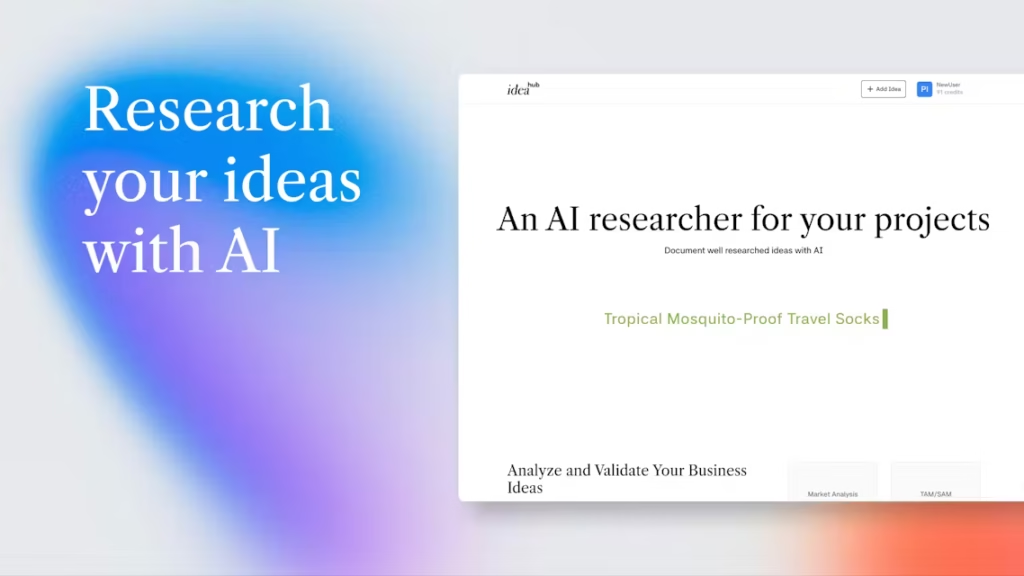# **SelfDDx AI Symptom Checker Review: Can It Replace Doctors?**
## ****
SelfDDx is an AI-powered symptom checker that uses natural language processing (NLP) and machine learning to analyze user-reported symptoms and generate potential diagnoses. It ranks conditions by likelihood and urgency, sometimes recommending emergency care for severe symptoms. According to a 2024 study, top AI symptom checkers like SelfDDx correctly place the right diagnosis in the top three suggestions **70% of the time**. While it’s a helpful tool, experts warn it shouldn’t replace professional medical advice.
—
## **
Key Features Analysis
**
### **
AI-Powered Symptom Analysis
**
SelfDDx lets users describe symptoms naturally, interpreting them via NLP. Unlike rigid checklists, it adapts to conversational inputs, improving accuracy.
### **
Ranked Differential Diagnosis
**
It generates a **prioritized list** of possible conditions. A JAMA study found AI checkers outperformed doctors in ranking accuracy by up to 25%.
### **
Emergency Red Flags Detection
**
If symptoms suggest life-threatening conditions (e.g., heart attack, stroke), SelfDDx can flag urgent care needs—potentially saving lives.
—
## **
User Feedback Summary
**
### **
Pros
**
✔ **Instant, 24/7 Access** – No waiting for doctor appointments.
✔ **Helps Prioritize Medical Visits** – Users report feeling more informed before consultations.
✔ **Early Detection of Serious Conditions** – Some caught pneumonia and sepsis early.
### **
Cons
**
❌ **Misses Complex Cases** – One user’s Lyme disease was overlooked.
❌ **Over-Reliance Risk** – Some delay seeing a doctor due to false reassurance.
A medRxiv study notes AI tools can’t replace physical exams or in-depth medical history analysis.
—
## **
Performance Analysis
**
### **
Accuracy
**
– **70%** correct diagnosis in top 3 suggestions.
– **80%** correct diagnosis in top 5.
– **100%** correct diagnosis somewhere in the list.
### **
Speed & Usability
**
– Processes symptoms in **seconds**.
– No learning curve—works like a chatbot.
### **
Comparison to Doctors
**
– AI slightly **outranks** doctors in diagnosis coverage but lags in single-diagnosis precision.
—
## **
Pricing Analysis
**
| Tier | Cost | Features |
|——|——|———-|
| **Free** | $0 | Basic symptom analysis |
| **Premium** | Varies | Advanced reports, tracking |
**Value:** Free users get **decent accuracy**, while paid tiers offer deeper insights. Compared to urgent care visits, it’s cost-effective for minor concerns.
—
## **
Frequently Asked Questions (FAQs)
**
### **1. Is SelfDDx as accurate as a doctor?**
No—AI ranks conditions well but lacks hands-on examination. Always verify with a physician.
### **2. Does it work for rare diseases?**
Sometimes, but complex cases are harder to diagnose.
### **3. Can it replace ER visits?**
No. It flags emergencies but can’t treat them.
### **4. Is my data private?**
Most AI checkers comply with HIPAA, but check their privacy policy.
### **5. How often is it wrong?**
About **30% of top suggestions miss the correct diagnosis**.
### **6. Can I use it for chronic conditions?**
For tracking, yes—but consult a specialist for management.
### **7. Does it need an internet connection?**
Yes, it relies on cloud-based AI processing.
### **8. Can kids use it?**
Some AI checkers have pediatric modes—check compatibility.
### **9. How does it improve over time?**
Machine learning adapts with more user inputs.
### **10. Is it free forever?**
Basic features are free; advanced insights may require payment.
—
## **
Final Verdict
**
### **
Pros
**
✅ Fast, free symptom analysis
✅ Helps prioritize medical visits
✅ Can detect urgent conditions early
### **
Cons
**
❌ Not a doctor replacement
❌ Misses nuanced cases
❌ Risk of over-reliance
**Ideal Users:** Those wanting quick **pre-doctor guidance**, hypochondriacs, or people in remote areas.
**Final Recommendation:** Use **as a supplement**, not a standalone diagnostic tool. If symptoms persist, **see a doctor.**



